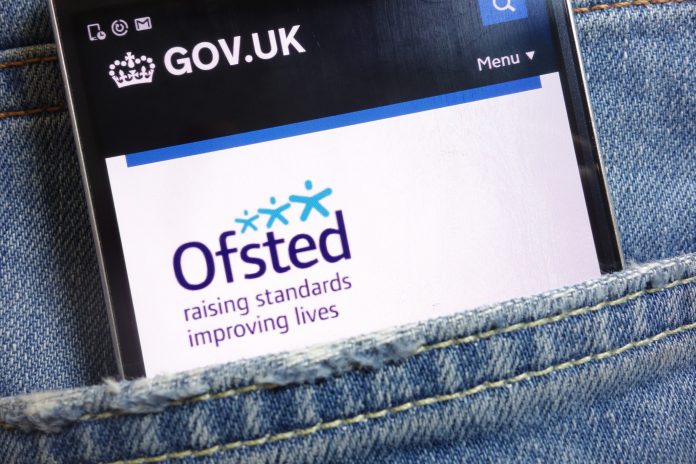The UK’s Department of Education announced on 18th July 2019 a new proposal to raise the Ofsted registration fees
This change can only contribute to the declining number of registered childminders unless the Government can intervene quickly with a new strategy to combat the issue.
Ofsted fees to increase by up to 23%
Currently, the application and annual renewal fees for part-time childminders come up to £35, whereas full-time childcare facilities, including nurseries and daycare groups, are charged £225. These have remained the same since 2010, and the DfE argues that it is necessary to raise the costs in line with inflation increases. This would not bring with it any changes to the registration process, which has been criticised by many childcare professionals as being lengthy, administration-heavy and complicated. These price changes could come into effect in as little as nine months in April of next year, with a proposed increase to £43 for childminders (22.8% increase) and £269 full daycare settings (19.5% increase)(1.)
Insufficient childcare in England leading to price hike
This news brings with it numerous concerns for many childcare professionals and parents. Alongside the registration fees, there are many other unavoidable costs including (but not limited to) a DBS disclosure, training course and first aid course, which can altogether add up to over £300. The childcare sector is already under considerable pressure; many traditional childcare businesses are finding it difficult to stay afloat amidst the rising costs and reduced funding allocations, leading to closures, a reduced number of places or compromises on the quality of care being given to children at these facilities.
According to Government statistics, half of local authorities in England have reported that there is insufficient childcare for all full-time working parents (2) and unfortunately, the number of childcarers becoming registered to fulfil the increased demand is not increasing at the same rate.
Figures suggest that two-thirds of registered childminders have already left the profession since 2012 and at the current rate of decline there could be no childminders left by 20233, whereas the demand for childcare has grown from 47% in 2005 to 69% in 20124.
Ultimately, this creates a price hike which negatively impacts parents who are forced to pay increased fees for the same level of care they were previously receiving, and the UK’s childcare has become the second most expensive in Europe.
Benjamin Suchar, CEO of Yoopies, Europe’s leading childcare platform says: “We’ve noticed a big difference between the average price of care on our UK site vs our other sites in France, Spain and Germany. Even after tax subsidies, parents can expect to pay more than double than that of their European counterparts.”
A new strategy needed to address childcare shortage
While some estimate that the future doesn’t look positive for the childcare sector, there are many opportunities to ensure that it doesn’t continue down a negative spiral. Currently, the childcare sector is experiencing insurmountable problems which impacts the wellbeing of children, families and childcare professionals alike. However, streamlining and facilitating the registration process from start to finish by digitalising it could be part of the solution to prevent the mass exodus of childminders from the Ofsted register, and the problems that follow this shortage.
By collaborating with digital platforms, such as Yoopies, there can also be a great opportunity for the government to streamline and facilitate claims for childcare subsidies such as Tax-Free childcare and 15 / 30 free hours for 2-4-year-olds. At present, Yoopies is working alongside HMRC and local authorities to integrate these schemes into their booking and payment system, which would allow parents to instantly use their allowances as discounts on their childminder payments.
Francesca Chong, Manager of Yoopies UK comments: “Instead of putting up prices, I would call for Ofsted to consider scrapping the registration fee altogether and subsidise the cost of registration fully, it is clear that new measures must be put in place to avoid a crisis. HMRC is already successfully taking steps to become one of the most digitalised tax services in the world, why not extend this to other departments in government such as DfE?”
1 Source: UK Department of Education
2 Source: CORAM Family & Childcare Survey 2019





![Europe’s housing crisis: A fundamental social right under pressure Run-down appartment building in southeast Europe set before a moody evening sky. High dynamic range photo. Please see my related collections... [url=search/lightbox/7431206][img]http://i161.photobucket.com/albums/t218/dave9296/Lightbox_Vetta.jpg[/img][/url]](https://www.openaccessgovernment.org/wp-content/uploads/2025/04/iStock-108309610-218x150.jpg)





